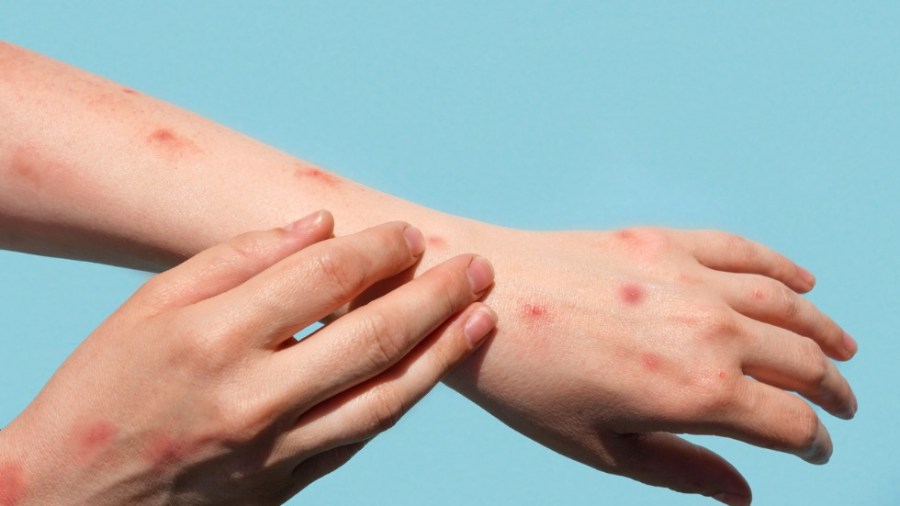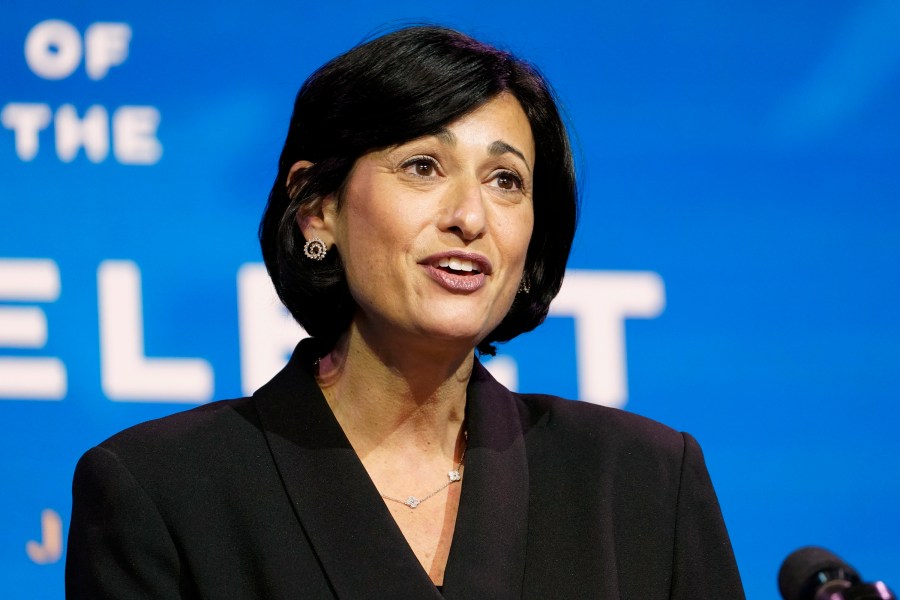Monkeypox cases are rising. What is being done to stop it?
(NewsNation) — Confirmed cases of monkeypox rose 20% last week, as 7,500 new cases of the virus were tallied by the World Health Organization, raising questions about the limited supply of the monkeypox vaccine.
The spike in cases puts the number of confirmed cases globally at 35,000, spread across 92 countries, WHO said in a news conference Wednesday.
WHO fears vaccine availability will not be spread evenly across the 92 impacted countries, mirroring a problem health officials encountered during the early rollout of COVID-19 vaccines.
“We remain concerned that the inequitable access to vaccines we saw during the Covid-19 pandemic will be repeated and that the poorest will continue to be left behind,” said WHO Director-General Tedros Adhanom Ghebreyesus.
How to get vaccinated for monkeypox?
It’s been a bumpy road thus far for the rolling out of the sole monkeypox vaccine approved by the Food and Drug Administration. Demand for the vaccine is higher than supply and the Biden administration is now feuding with the company it partnered with to manufacture the vaccine.

U.S. health officials announced a controversial plan this month to split doses of the monkeypox vaccine, giving patients just one-fifth of a dose, in an effort to extend a short supply.
Health officials previously expected to ship 221,000 new doses of the virus, but say under their plan to chop up dosages, that number will increase to 442,000 available shots.
That move angered the CEO of Bavarian Nordic, Paul Chaplin, the company manufacturing the monkeypox vaccine, who accused the Biden administration of failing to honor their contract and even threatened to pull all future U.S. orders of the vaccine, according to the Washington Post.
The United States has already distributed 630,000 doses of the vaccine, but health officials say they will need at least 3.2 million to vaccinate everyone considered to be high risk for infection.
Anyone seeking a monkeypox vaccine should contact their local health department.
Who is getting monkeypox?
Health officials say the monkeypox vaccine is still spreading mostly among sexually active gay and bisexual men, but note the virus poses a risk to spread to other communities if it is not controlled.
There are 12,689 confirmed cases of monkeypox in the U.S., according to data from the Centers for Disease Control and Prevention. New York, California, Texas, Florida and Georgia are the only U.S. states to have more than 1,000 confirmed cases. Illinois is lagging just behind with 851 cases.
Monkeypox is most easily spread through skin-to-skin contact; shared bedding and clothing is another way the virus can efficiently spread.
“Intimate contact is very efficient because you’re making little cuts in the skin with the person who’s not infected and the virus from the open sore can enter very easily,” said Dr. Peter Chin-Hong, an infectious disease expert at the University of California San Francisco.

Dr. Amesh Adalja, an infectious disease expert at Johns Hopkins, told NewsNation monkeypox is capable of infecting anyone, but in this particular outbreak it happened to work its way into the gay and bisexual community of men.
“There’s nothing stigmatizing about it, it’s just that this virus got lucky and got into a certain network and has been spreading efficiently throughout it,” Adalja said.
How are cities responding to monkeypox?
Illinois, San Francisco and New York City were first among local and state governments in declaring monkeypox an emergency in their communities, ahead of the United States declaring a nationwide emergency two weeks ago.
By declaring monkeypox an emergency, those governments opened the door for more funding to local health departments to tackle the virus, expanded capacity for testing and treatment and increased coordination between municipal, state and federal health departments.

The federal government’s emergency declaration gave the Department of Health and Human Services access to emergency funds and allowed the to reallocate staff to combat the virus.
WHO declared monkeypox a global emergency in July, yet global response to the virus as varied across continents.
While the United States has already allocated 1.1 million doses of the vaccine to state and local health departments, and Britain purchased 150,000 doses, health officials in Africa, where there have been 2,974 cases this year, say they have not received one single dose of the vaccine.
What’s next for U.S. response?
The Biden administration has been under widespread scrutiny for its slow response to monkeypox and the struggles it had in rolling out the vaccine.
Biden put a monkeypox response team together at the beginning of August, headed by Robert Fenton, an administrator with the Federal Emergency Management Agency.
The CDC announced on Wednesday that it will be undergoing a sweeping reorganization to increase its efficiency in responding to outbreaks such as COVID-19 and monkeypox.
In the meantime, the U.S. government is continuing to tackle vaccine rollout, aiming to make the process more efficient as complaints roll in from health departments and the vaccine manufacturer that the process has been bungled to this point.










